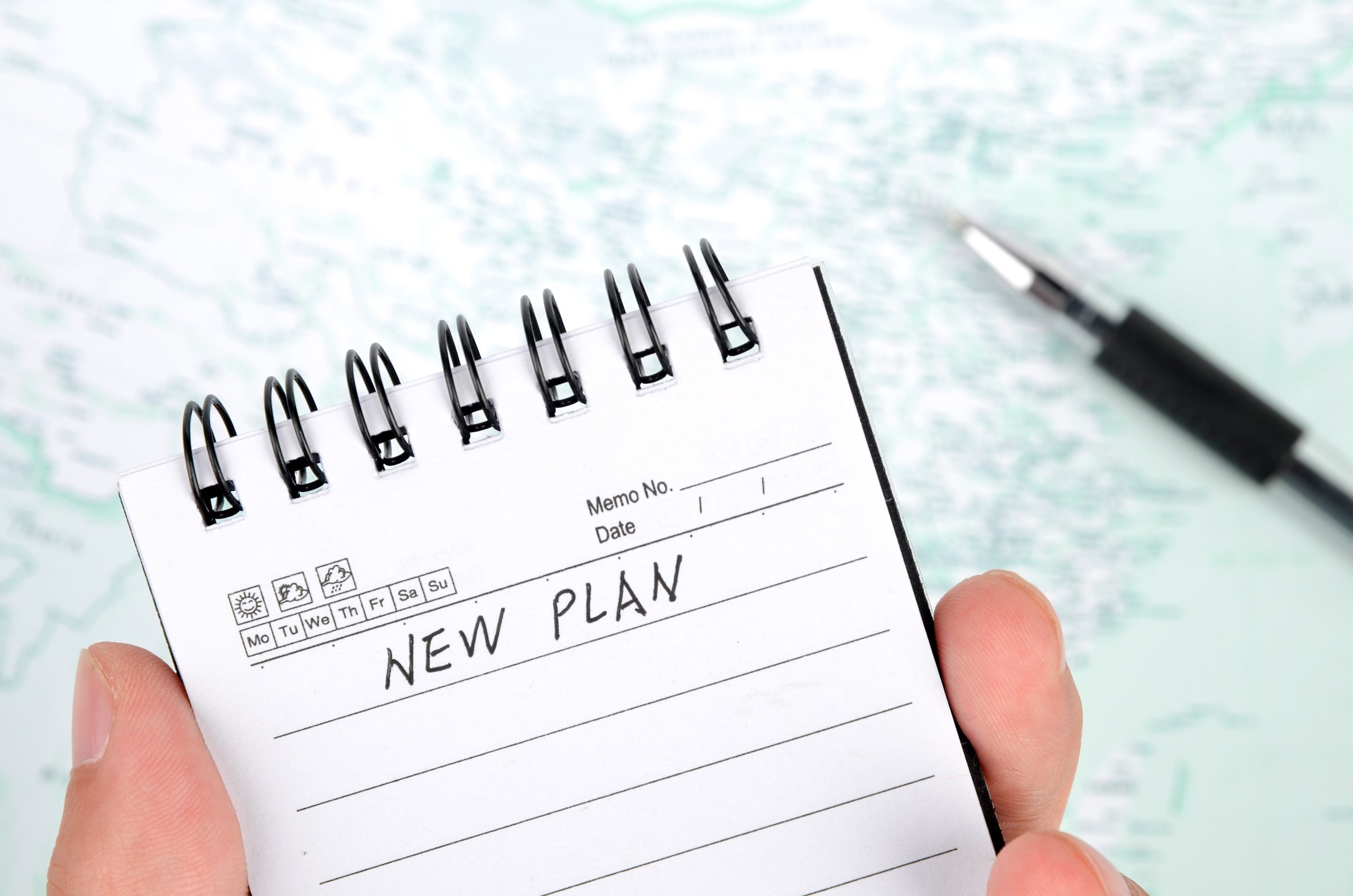If you have ever been in a position where you feel financially stuck, you know it can be overwhelming. However, the key to getting out of that rut is taking action. You have to keep moving forward. While that might seem impossible at the moment, these seven money moves will help you regain control of your finances and help you make your way toward financial freedom.
1. Audit Your Current Financial Situation
Before you make any moves, you need to know where you stand financially right now. List all of your income sources, expenses, debt, and savings to get an overview of your money situation. Then you can start tapping into tools to help you simplify budgeting and debt payoff. We suggest taking a look at our list of the best budgeting apps to find a tool that caters to your needs. Many of these apps will help outline a debt payoff plan and figure out a way for you to save. You can also find apps to help you identify unused subscriptions and other areas where you can save money. Awareness of your financial baseline will guide all other decisions.
2. Set Clear Financial Goals
Once you have a full-picture view of your financial standing, it’s time to set some goals. Look at both short-term and long-term targets for your finances. For instance, maybe you want to establish an emergency savings account before paying off a credit card. Break these down into smaller, actionable steps. So, if your goal is to establish a $1,000 emergency fund, break it down into weekly and monthly goals until you reach the $1K mark. Write your goals down somewhere you look on a regular basis or in a budgeting planner. This will help you see them and be reminded of your objectives. Keep in mind, that you can always make adjustments as your financial situation changes.
3. Build an Emergency Fund
You may have set a goal to have an emergency fund in point number two. If you didn’t, it needs to be a goal. Bankrate’s annual savings report showed that 27% of Americans still don’t have any kind of money set aside for an emergency. This can perpetuate the cycle of debt. When you run into an emergency like unexpected car repairs or a medical issue, you will likely tap into credit cards or loans to get by. It’s good to aim to have three to six months’ worth of expenses set aside, just in case you are laid off or another big emergency occurs. You can start small by setting aside $10 to $20 a week. Try to automate your savings if you can and look for a high-yield savings account to make the most of your efforts.
4. Cut Costs Without Sacrificing Quality
Reducing your expenses doesn’t necessarily mean that you have to give up everything you enjoy. Small changes can make a big difference. You can switch to generic brands for groceries and other household items. (Fun fact: they’re usually made in the same factory anyway.) Apps like Honey and Rakuten can also help you get cash back or find discounts for purchases online. One of the biggest ways we’ve been able to save money is cooking at home rather than eating out. The meal is more enjoyable and you aren’t spending unnecessary money.
You might also consider reviewing all of your bills and seeing if there is anywhere you can negotiate better rates. Your insurance provider, internet company, phone service provider, and other various bills could be lowered by giving the business a call.
5. Create a Debt Repayment Plan

Being in debt can feel paralyzing. However, having a plan of attack can help it feel more manageable. The debt snowball method has been hailed as being the best way to pay off debt fast. This method allows you to focus on paying off small debts first, giving you a motivational boost to keep going. The debt avalanche method is similar, but rather than tackling low-balance accounts first, you address high-interest debts. You might also consider consolidating loans or various debts if it simplifies your payments and lowers your interest rates. Whatever the case may be, coming up with a plan and sticking to it will help you not feel so financially stuck.
6. Boost Your Income with Side Hustles
For our family, boosting our income was a must to be able to get out of our financial rut. We found side hustles and ways to earn extra money that would help us with our financial goals. Look for something flexible like freelancing, selling homemade items, or gig economy jobs. Fiverr, Etsy, Indeed, and even LinkedIn can be helpful platforms when you are looking for ways to earn more cash. If you’re comfortable doing so, you could even rent out a spare room or parking space for passive income. When the money starts coming in from these efforts, you can put it toward your emergency fund or toward paying off debt.
7. Educate Yourself on Financial Literacy
Knowledge is power when it comes to your finances. Consider checking out some popular personal finance books like Rich Dad Poor Dad or The Total Money Makeover. You can also listen to finance podcasts, watch YouTube channels, or find blogs like ours to follow. You might even find some help in the Saving Advice forums. Familiarizing yourself with financial concepts will make it easier for you to manage your money.
Take Small Steps to Build Momentum
Feeling financially stuck doesn’t have to define your future. Start now by making small changes and you will see positive movement with your money. Be consistent and persistent. While it won’t happen overnight, your hard work will pay off. Remember, financial recovery is a journey, not a race. Celebrate your wins and stop comparing yourself to others. You’ll get where you need to be.
Read More
- Americans Are Dying Younger: Why is the U.S. Falling Behind?
- Dave Says: Your Income is the Key & Find a Good Money Market Account
Read the full article here
















